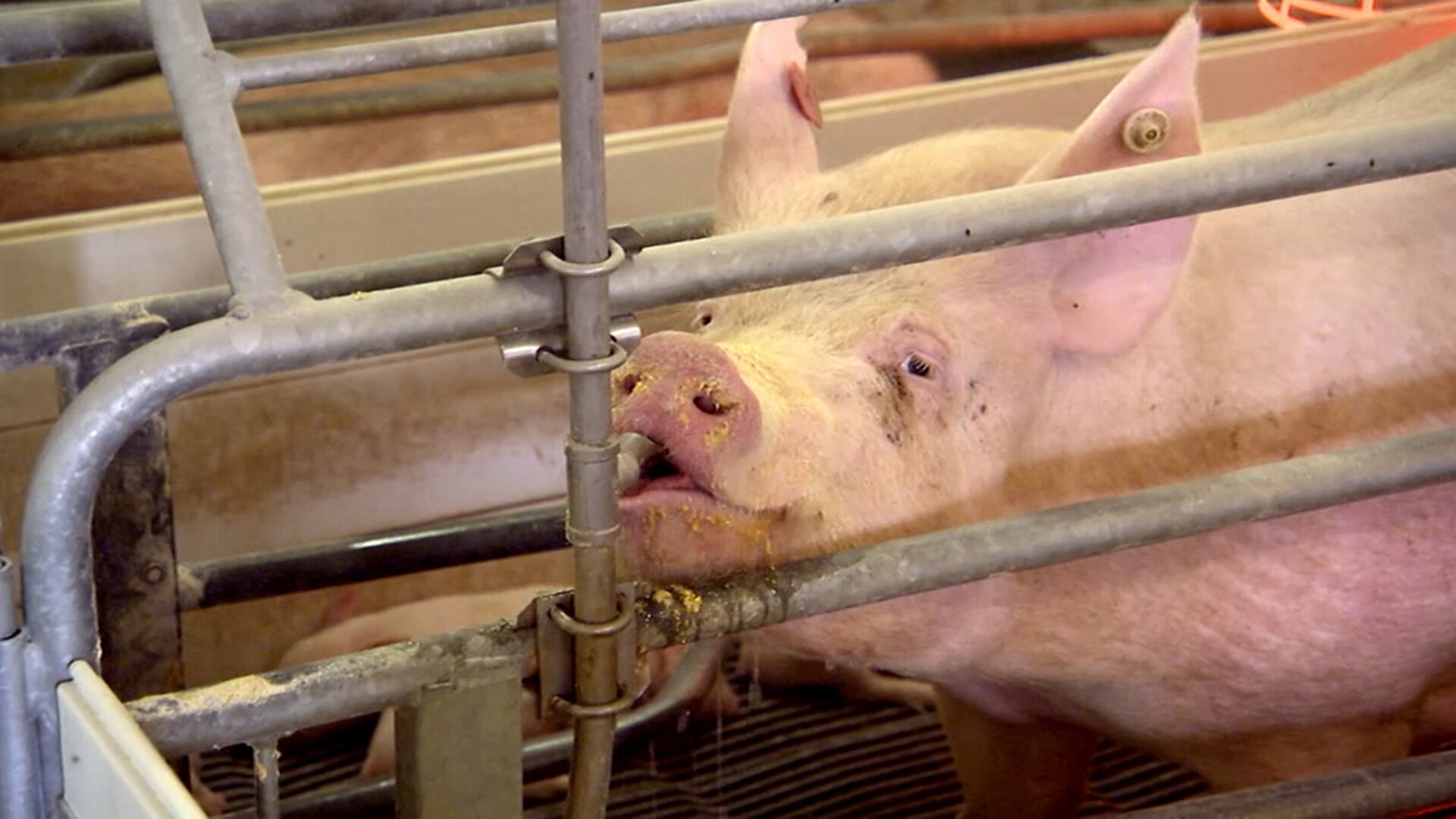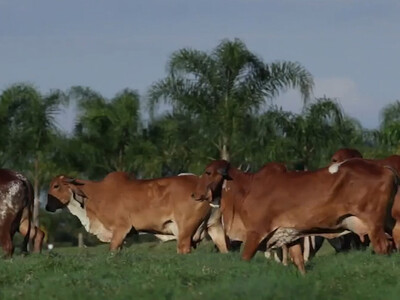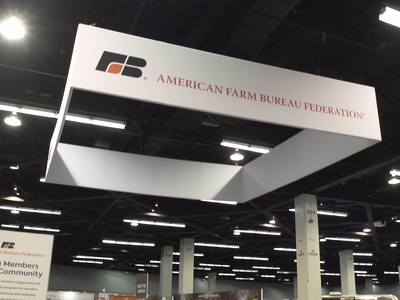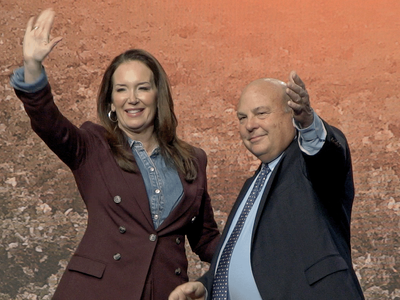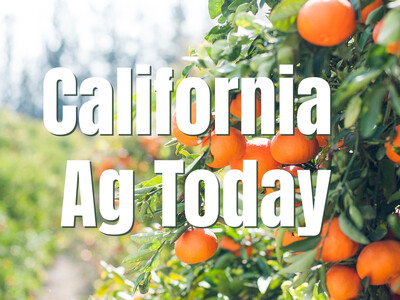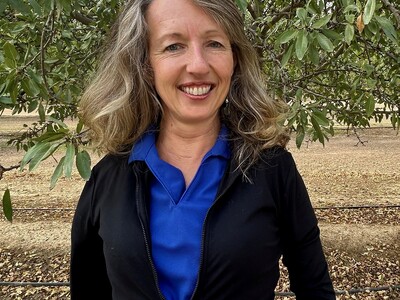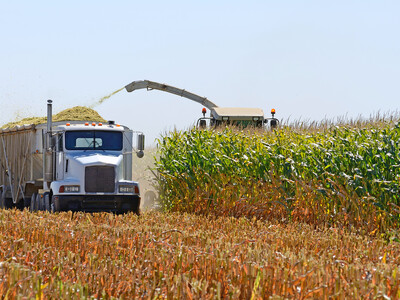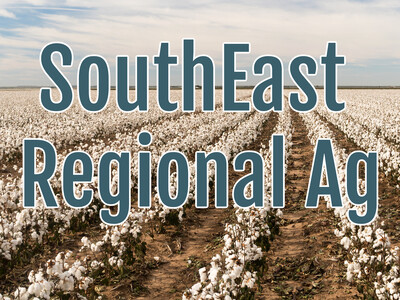U.S. Supreme Court Agrees to Hear Case Against California's Prop 12
After months of waiting, the U.S. Supreme Court finally decided to hear a case brought by the American Farm Bureau and the National Pork Producer’s Council against California’s Proposition 12. NPPC President-Elect Scott Hays says it’s good news for the pork industry.“That's great news for the council and the Bureau; long-awaited," said Hays. "We've been working on this since 2018, and we're really excited that the Supreme Court's taken up our case on Proposition 12 In California. This will be great for consumers in California and pork producers across the nation. We've been waiting for the Supreme Court to decide whether or not they're going to take it up in the last few months. Obviously, we've been working since 2018 when Proposition 12 was passed to get to this point. That's been our goal, is get it in front of the Supreme Court get it heard where it needs to be and put these kinds of ballot initiatives to rest.”
He says they're already working on getting ready for oral arguments which are expected this fall.
“We'll start immediately putting together some briefs for the court; probably Fall before they take it up and hear oral arguments but hope to have a ruling by the end of the year if not just shortly after that," said Hayes.
He says Prop 12 isn’t what it appeared to be to California voters.
“Proposition 12 was brought up in California by the voters and it just simply said you want farm animals to be raised humanely on the ballot, and the voters didn't realize what all was behind the hat," said Hayes. "Proposition 12 is going to greatly increase the cost of food while not doing anything for the welfare of the pigs. They still don't have the rules out for that. They were supposed to have them out in 2019, so even if you wanted to comply with Prop 12 today, you wouldn't know how to do that.”
Producers outside California would have to spend far too much money to be able to sell into California, which then would drive up the price of food in the state.
“So, to be compliant is very expensive because you either have to remodel facilities or build new facilities," said Hayes. "According to Dr. Barry Goodwin from North Carolina State, he estimates that it would cost about $3,500 per sow space to get compliant with Prop 12, and somebody's got to pay the price on that. The farmers cannot absorb all of that cost, and that's where the consumers in California aren't gonna like that either.”
Source: NAFB


